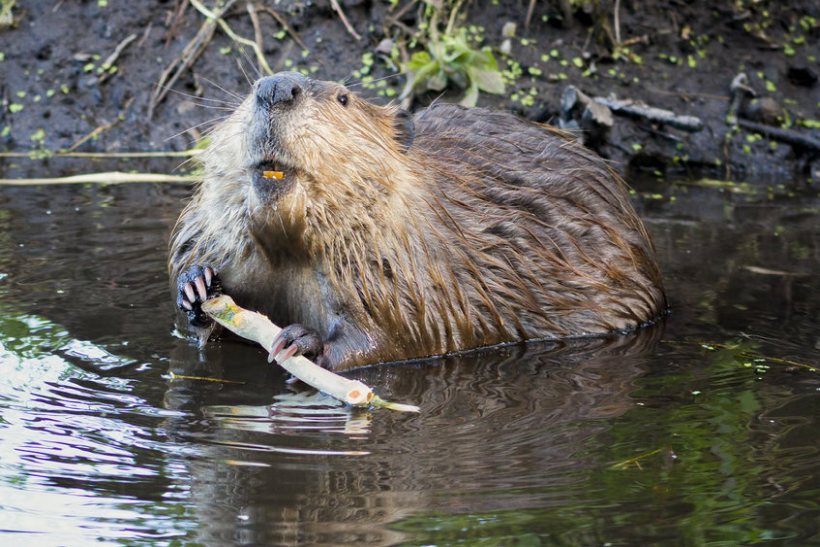
MPs have launched an inquiry into species reintroduction as well as how to manage any conflicts with farmers and other land users.
The Environment Food and Rural Affairs Committee (EFRA) has launched the inquiry, looking at the role species reintroduction can play in supporting nature recovery.
A species reintroduction is the return of a plant, animal, or fungi to an area from which it has been lost.
Reintroduction aims to re-establish a viable population of the species within its natural range.
The process can be beneficial, but can also present a risk of causing adverse environmental, economic, and social impacts.
Many farmers will be interested in these benefits but also concerned about the potential impact of a reintroduction on their business and on food production.
Responding to the inquiry, the NFU said it wanted to hear farmers' experiences and to ensure their views were reflected in the union's response.
"The NFU is responding to EFRA's inquiry into species reintroduction and we want to hear from you," the NFU said.
"We recognise that reintroductions can play a role in delivering nature recovery, however, there are concerns about the adverse impacts a reintroduction could have.
"We've outlined our position in a draft response, which corresponds to the 8 questions posed by the EFRA Committee into how to facilitate and manage species reintroduction."
To help shape the NFU's response to the inquiry, farmers should send feedback and comments to poppy.sherborne@nfu.org.uk by 15 December.
It comes as beavers could be released in the wild in England as part of government's plans included in a 12-week consultation launched last August.
The consultation sought views on the potential future releases into the wild and current and future releases into enclosures.
It also sought views on mitigation and management of beaver activity or impacts in the wild, including the River Otter population and all other existing wild beaver populations.
Under the proposals, applications for licences to release beavers into the wild would need to meet certain criteria, including a comprehensive assessment of the impacts on surrounding land.
And any reintroduction project would also need the support of farmers, landowners and river users, the government explained.
As part of its response to the consultation, the NFU said the potential impacts that beavers could have on agricultural land were of concern.
The union highlighted risks such as undermining riverbanks, damaging trees, impeding farmland drainage and causing low-lying fields to flood.
NFU environment forum chairman Richard Bramley said: “In our consultation response we have made it clear that any beaver reintroduction must be strictly licensed by Natural England.
"[We] stressed the importance that an approved licence must include a long-term management plan, developed with local farmers and backed with adequate funding.
"Where there is a financial impact on a farm business, adequate compensation should also be made and an exit strategy in place should major issues occur."
“The government has made it clear that it will sanction reestablishment of beavers, so we will work with them, Natural England and all interested parties."
